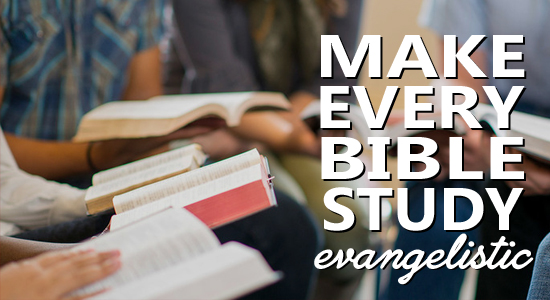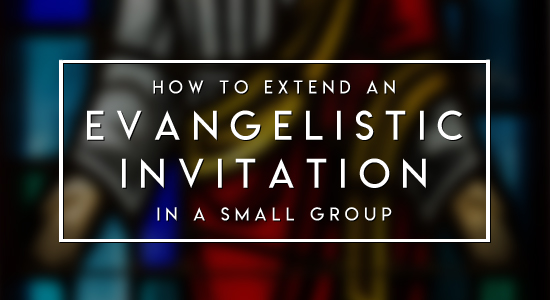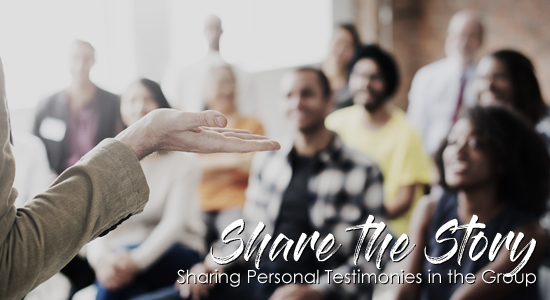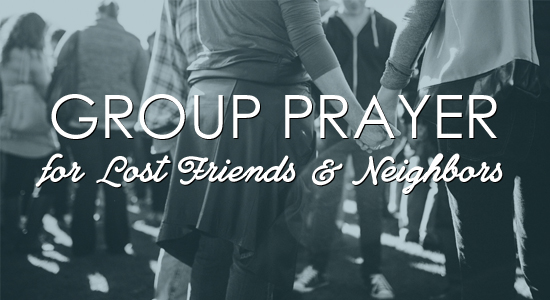 Perhaps one of the reasons why Sunday School has lost its evangelistic effectiveness is because many groups have decreased their efforts in making each group meeting increasingly more evangelistic. One way to do this is by learning to teach with the gospel always in mind.
Perhaps one of the reasons why Sunday School has lost its evangelistic effectiveness is because many groups have decreased their efforts in making each group meeting increasingly more evangelistic. One way to do this is by learning to teach with the gospel always in mind.
Every lesson can be evangelistic because every part of God’s word points us to some aspect of the gospel. One helpful tool has sometimes been referred to as the “Gospel Grid”:
|
Creation |
Fall |
| Redemption |
Restoration |
Use this simple grid to think about how your teaching time best reflects one or more of these aspects of the Gospel:
Creation – What does this teach us about the power, authority, and holiness of God? What do we learn about His design and desire for a special relationship with people?
Fall – What might this passage teach us about how this relationship with God was broken? How does this passage picture or address the consequences of brokenness and separation from God?
Redemption – How did God, through the life, death, and resurrection of Jesus, provide a way for what has been lost to be found again?
Restoration – How does this passage teach or remind us about the coming day when everything will be made new again? What hope does this offer and what urgency does this require? How can experience a foretaste of this today?
This simple grid may help you give each lesson an evangelistic element that leads people to Christ.
David Bond is a Sunday School/Small Group consultant at the Arkansas Baptist State Convention.
Facebook – @DavidBond
Twitter – @DavidTBond
Instagram – @DavidTBond



